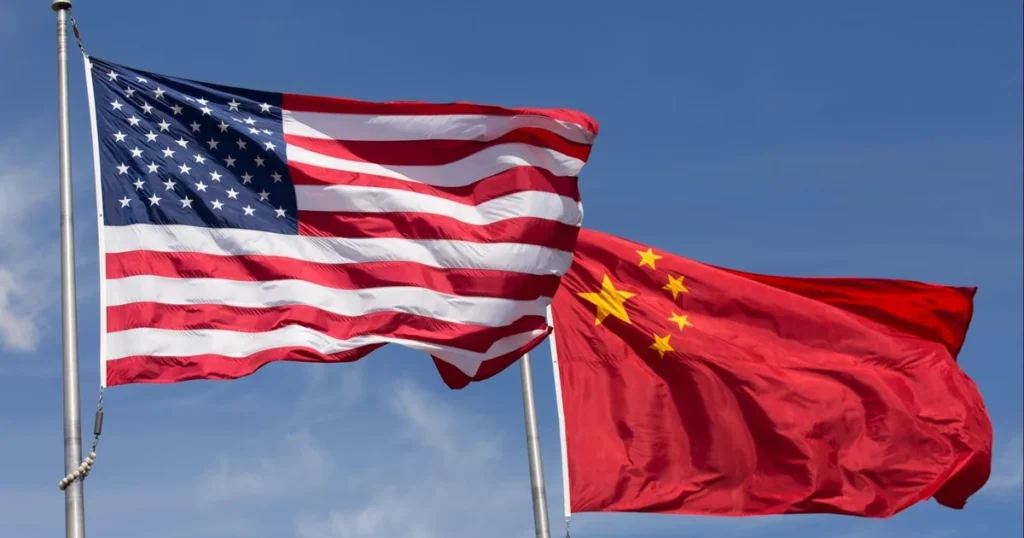The U.S. Department of State has confirmed that an employee of the U.S. Patent and Trademark Office, a division of the Department of Commerce, has been placed under an exit ban by Chinese authorities while traveling in the country for personal reasons.
In a statement released on Monday, the State Department emphasized, “The safety and security of American citizens is our top priority,” adding that officials are actively engaging with Chinese counterparts to resolve the matter swiftly.
This follows a report by The Washington Post on Sunday, which revealed that the individual, a Chinese-American working for the U.S. Commerce Department, was barred from leaving China after allegedly failing to disclose his U.S. government employment on his visa application. The unnamed employee reportedly traveled to China months ago to visit family and was detained in Chengdu, Sichuan Province, in April over “actions deemed harmful to national security,” according to the South China Morning Post.
China’s Ministry of Foreign Affairs spokesperson, Guo Jiakun, declined to provide specifics on the case during a regular press briefing, stating only that China adheres to the rule of law and handles entry and exit matters accordingly.
The exit ban comes on the heels of another high-profile travel restriction involving Chenyue Mao, a U.S. citizen and managing director at banking firm Wells Fargo. Beijing claims Mao is tied to an unspecified criminal investigation and has also blocked her departure.
Tensions between Washington and Beijing continue to simmer, particularly over issues of espionage and national security. On Monday, the U.S. Department of Justice announced that Chenguang Gong, a Chinese-born U.S. researcher, pleaded guilty to stealing sensitive trade secrets, including blueprints for infrared sensors used in missile detection systems. Authorities say Gong copied more than 3,600 files from his employer—a Los Angeles-based defense research firm—onto personal devices and had previously traveled to China seeking funding for military-grade technology.
These developments further highlight the deepening mistrust and legal confrontations between the two global powers, especially concerning citizens with dual national ties and roles in sensitive industries.

